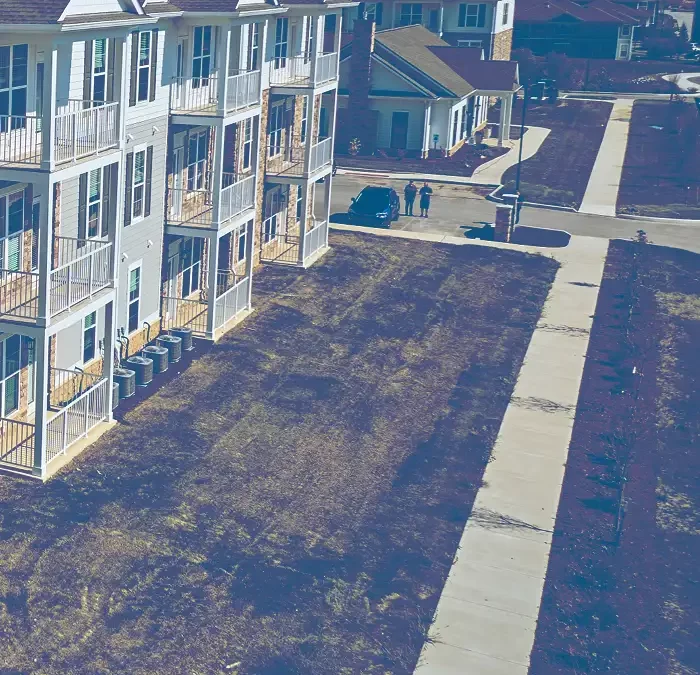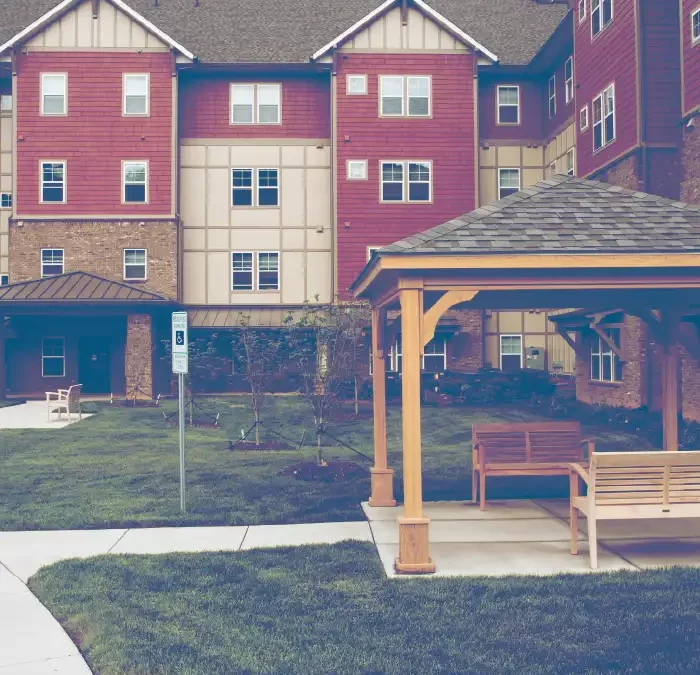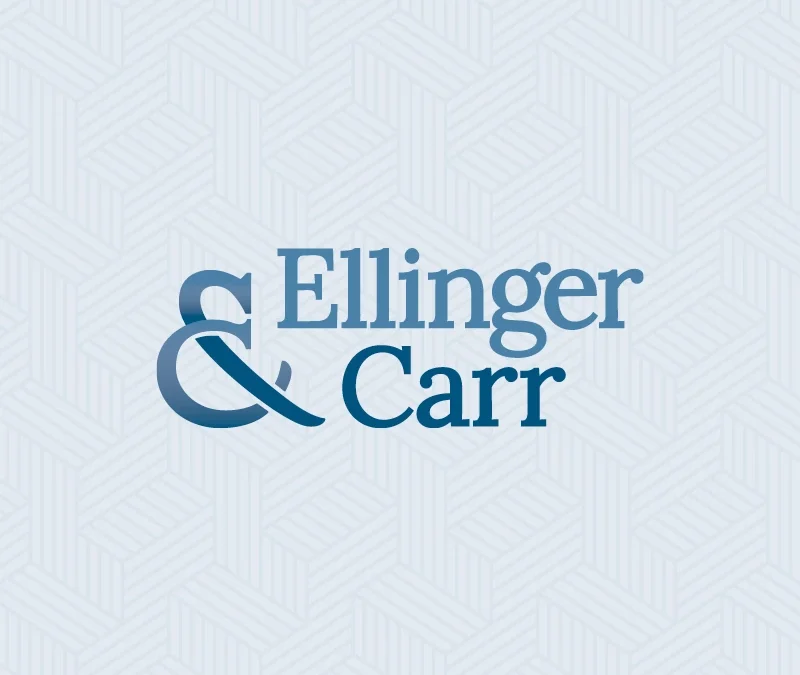A nonprofit corporation whose purpose is to own and maintain land as a manufactured home community accommodating 60 manufactured homes in Asheboro, Randolph County, North Carolina is not eligible for a property tax exemption under the nonprofit exemption statute...






